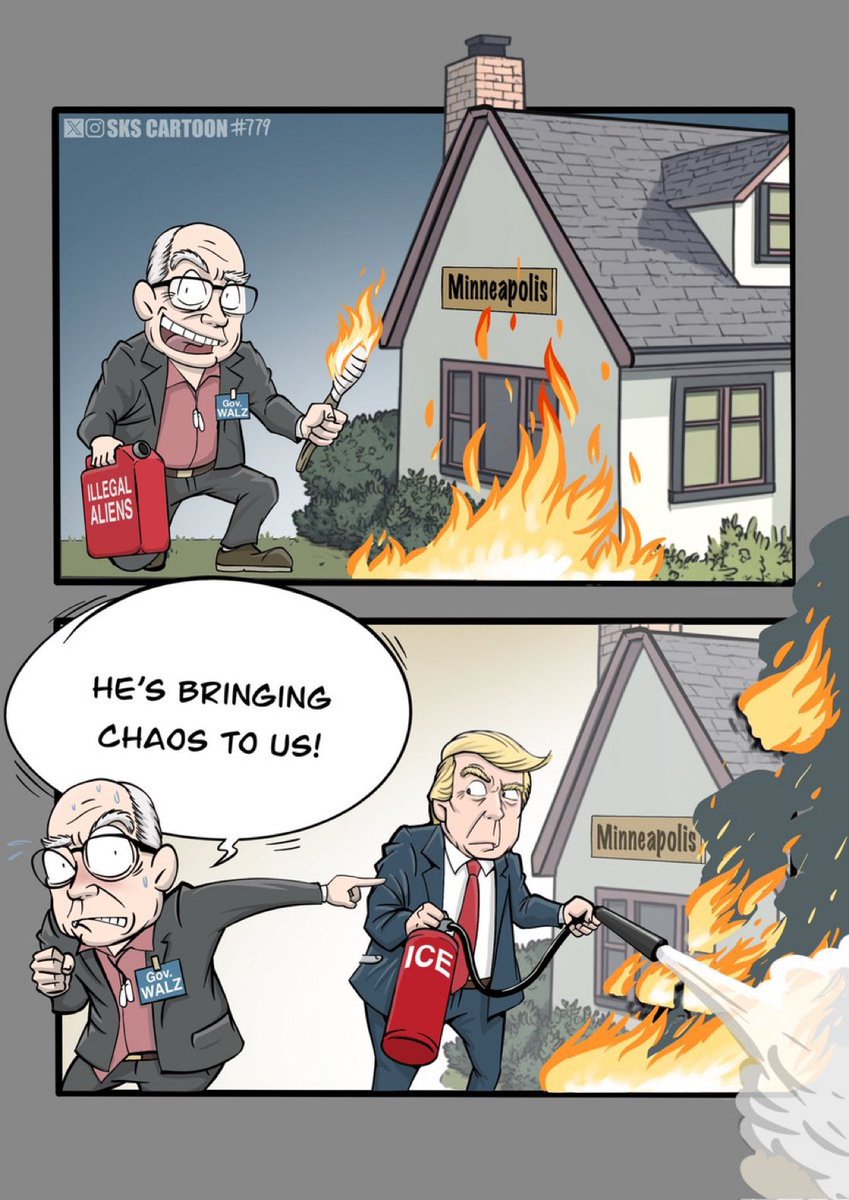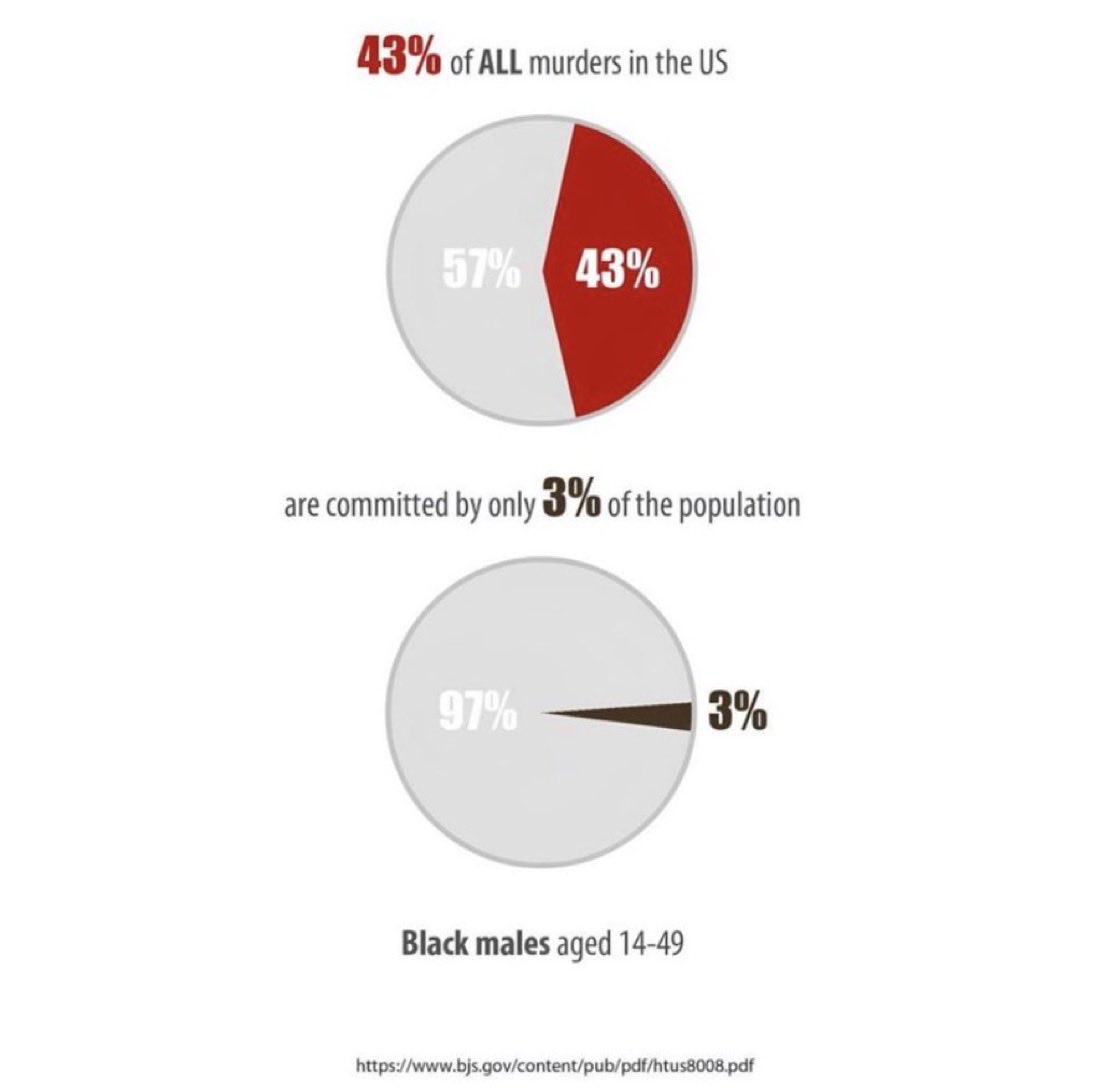Stop normalizing men having periods.
Stop normalizing men getting pregnant.
Stop normalizing men participating in women’s sports and dominating them.
Stop normalizing boys being in girls bathrooms by their assumed genders.
Stop throwing men and women into same prisons,… twitter.com/i/web/status/1…
Stop normalizing men getting pregnant.
Stop normalizing men participating in women’s sports and dominating them.
Stop normalizing boys being in girls bathrooms by their assumed genders.
Stop throwing men and women into same prisons,… twitter.com/i/web/status/1…

Here’s a prev thread on woke culture
https://twitter.com/DeepBlueCrypto/status/1650457604756320260
No such thing as Youth Attracted Person (YAP)
No such thing as Minor Attracted Person (MAP)
Both MAPs & YAPs are all pedophiles
No such thing as Minor Attracted Person (MAP)
Both MAPs & YAPs are all pedophiles

Y’all need parents permission to take a child on a field trip, but y’all don’t need parents permission for kids gender reassignment surgery… please make it make sense 

Fight against all woke indoctrination in schools. Get involved and make sure the curriculum is up to the standards, if not speak up and raise those issues.
Homeschooling is another option.
Homeschooling is another option.

• • •
Missing some Tweet in this thread? You can try to
force a refresh











